Anarchism in the Animal Kingdom: The Humble Slime Mold
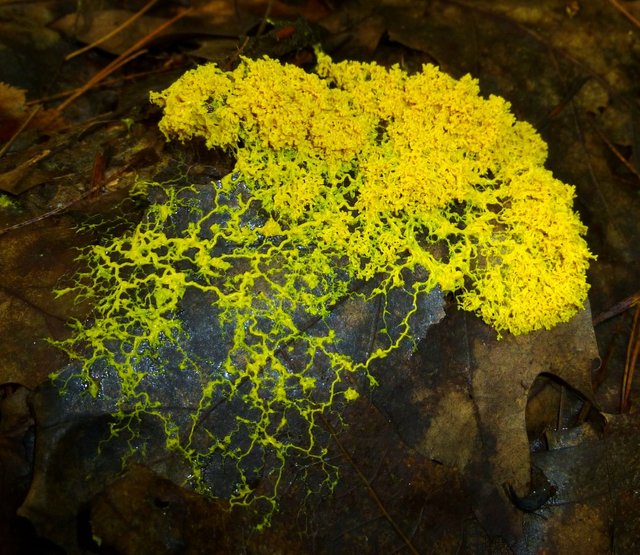
It may surprise you to learn that in fact, you yourself are a government. Over the 37 trillion or so cells which comprise you, each of them a tiny living organism unto itself, all of them locked in place and specialized for performing some specific sort of labor which contributes to the survival and wellbeing of the state (you).
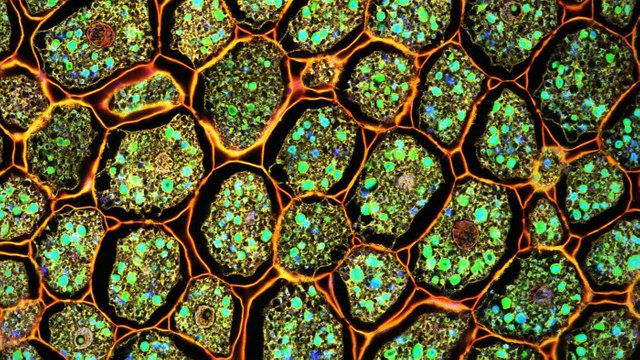
Nobody objects to tyranny when they're at the top. If your cells weren't constrained as they are, you couldn't exist! But it wasn't always that way. Our distant ancestors did not live in massive, organized colonies they couldn't leave. They were free! Independent microorganisms, who only banded together into multicellular life because of the tremendous competitive advantage that it conferred.
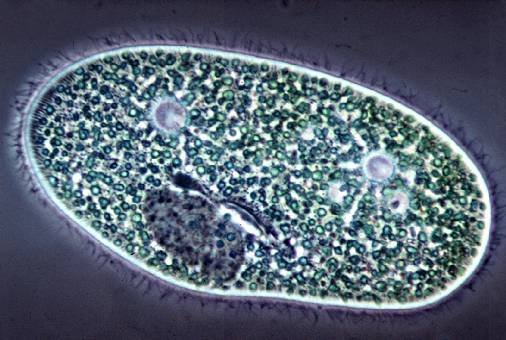
Naturally, many people recoil from the ongoing organization of human beings into massive colonies, subdivided by the specialized form of labor each of us performs. It is just the same pattern carried up a level, and our species reaps the benefits, achieving feats like manned spaceflight that no individual could manage alone.

Addressing climate change is another example of something which can only be accomplished by large scale organization. This can be compared to the physical feats we as humans perform every day which would be impossible for single celled organisms. Something as simple as walking a mile, or lifting a cinderblock.
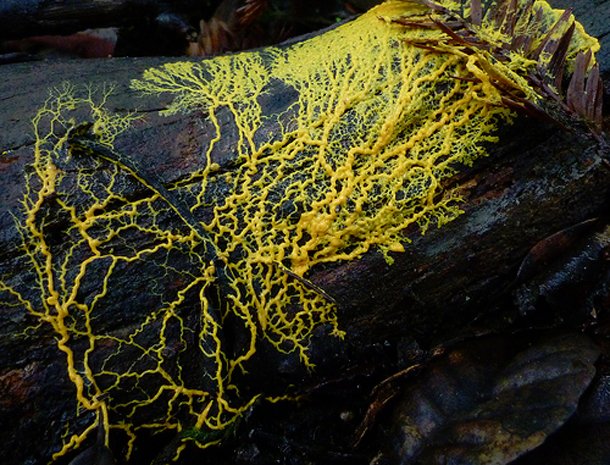
This brings me to the slime mold. One of the most interesting creatures alive today, it is multicellular life which exists on the same scale we do, yet the individual cells which comprise it are free to join or leave as desired. It is a voluntarist society of cells which survives by the willing cooperation of its constituent individuals.
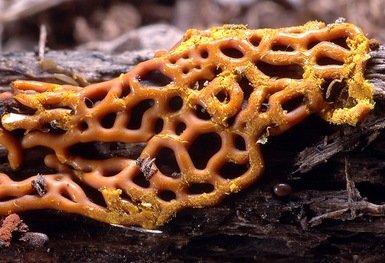
It isn't pretty, and it will probably never leave the Earth without our help, but it has some unique advantages. A slime mold cannot be killed by destroying any one part of it. There are no organs. There's no brain. It can be divided in half, or even broken totally apart into individual single celled organisms, only to then reform itself without injury.

When one part of the slime mold encounters danger, such as an open flame, stress hormones propagate throughout the network of cells to notify the rest in a manner similar to how the trees which comprise a forest communicate. There's a sense in which the entire thing is a brain, albeit an extremely rudimentary one, and it has no need of centralized organs because each individual has what it needs for its own survival. A truly decentralized animal.
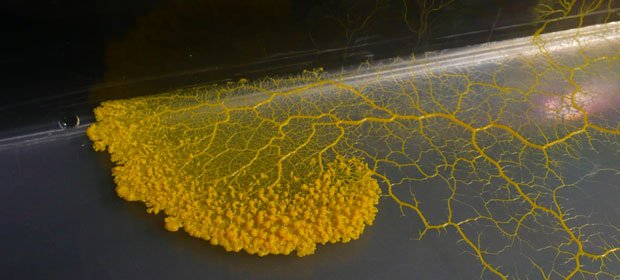
Human society has already developed further than this. It has "organs": Institutions like the fire department, the police department, waste treatment/sanitation, education, the military and so on. Whether this trajectory, towards a more consolidated and capable organism (like humans) is the right one depends on whether you value societal fitness/capability more or less than individual autonomy.
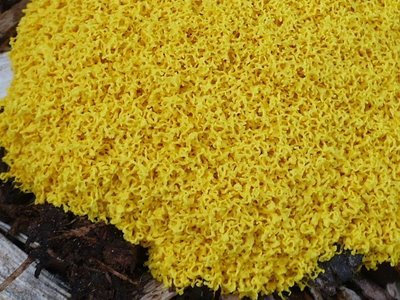
What the future holds will depend in large part on whether we want to be more like humans, or slime molds. Nature has proven that large voluntarist societies are possible, but it has also revealed the practical limits of what they can accomplish. If there are still slime molds a million years from now it will only be because a more restrictively organized species achieved something it could not, and saw fit to spread it to other planets.